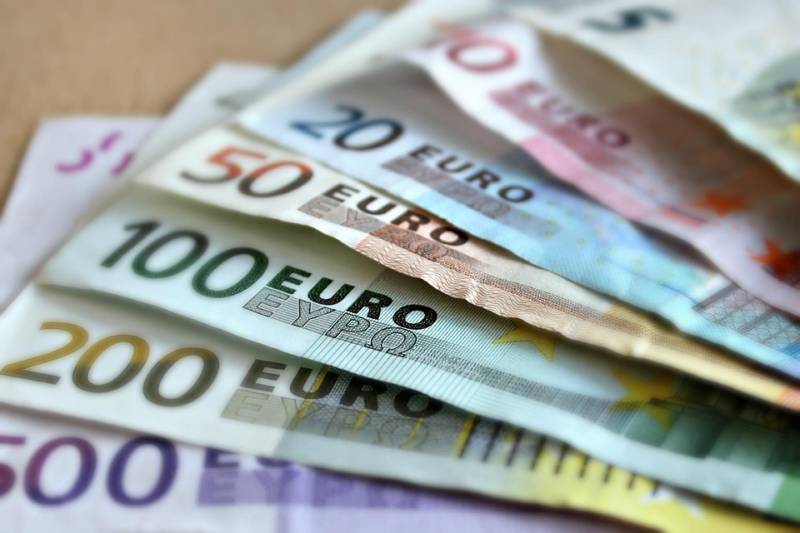German press: setting a price ceiling for electricity will harm the economies of Europe

Despite the current seeming relative stability, energy prices can still rise in the EU countries. This is stated in an article published in the German edition of Deutsche Wirtschafts Nachrichten. According to the author of the article, the governments of European countries should not interfere with price increases in any way, since setting a price ceiling can cause certain economic and political damage.
The material clarifies that thanks to alternative energy sources, as well as a decrease in demand in industry and in the private sector, the level of gas prices in Europe has fallen to the level that existed before the start of the Russian special operation in Ukraine. However, in the event of an increase in energy prices, governments should avoid artificial restrictions in the form of a price ceiling - this will be a mistaken decision.
According to the current system in European countries, electricity prices directly depend on the prices of the most expensive sources of electricity. At the same time, the system regulates only wholesale prices that concern industrialists and electricity suppliers. Consumer prices may vary by country. Now in Europe there is a Merit-Order system, in which the cost of electricity depends on the cost of the most expensive source of electricity. The outbreak of hostilities in Ukraine caused an increase in electricity prices in the EU countries, while in the United States they remained at the same level.
In Italy and Germany, after the outbreak of hostilities in Ukraine, prices for consumers have almost doubled. In France, thanks to state subsidies, it was possible to keep them at the same level. In Spain they even became lower. However, attempts by European governments to maintain the previous level of prices leads to an increase in indirect economic costs. Subsidizing becomes one of the reasons for the growth of public debt, but the price ceiling also leads to a negative effect.
Information